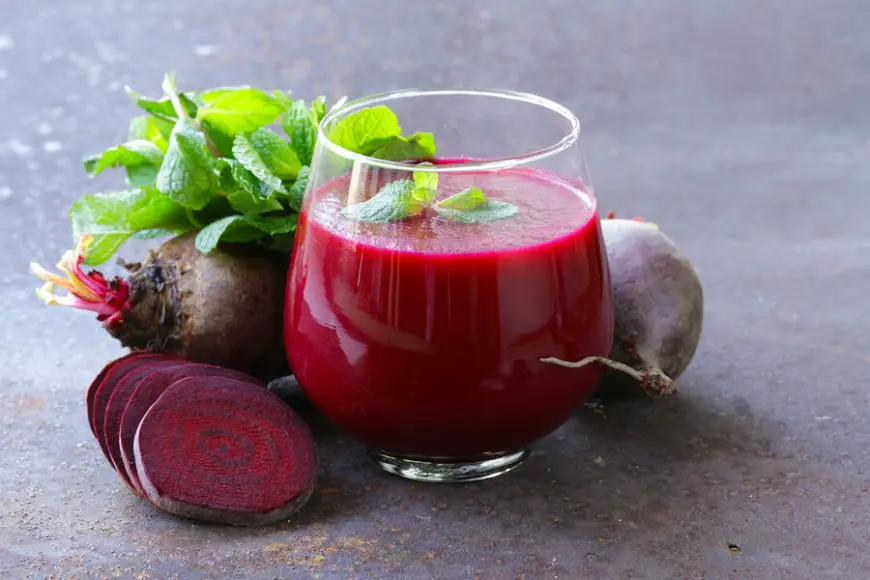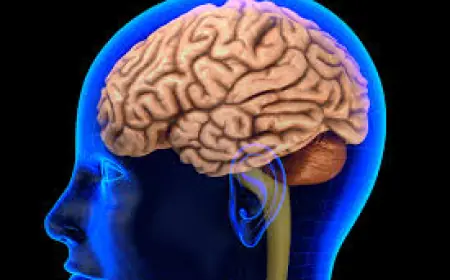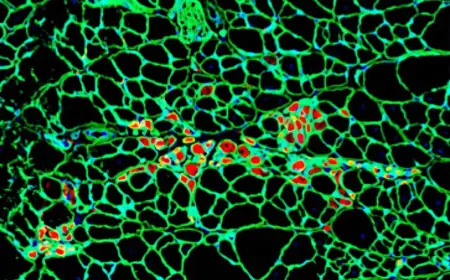Beetroot Juice Property Beneficial for Elderly: Lowers Blood Pressure by Affecting Oral Bacteria
Scientists from the University of Exeter (UK) have discovered that concentrated beetroot juice helps reduce blood pressure in elderly people by altering the composition of bacteria in the mouth. The results of this study were published in the journal Free Radical Biology and Medicine (FRBM).

Study Purpose and Method
The study involved 75 volunteers: 36 elderly participants aged between 60 and 70, and 39 younger adults. Participants were divided into two groups and consumed either beetroot juice or a placebo twice daily for two weeks.
At the end of the trial period, researchers analyzed each volunteer’s oral microbiome using DNA sequencing.
Key Findings
Among the elderly participants who consumed beetroot juice, the amount of potentially harmful bacteria such as Prevotella decreased, while the proportion of beneficial bacteria, such as Neisseria, increased.
These changes improved the efficiency of converting dietary nitrates into nitric oxide — a molecule that regulates blood vessel dilation. As a result, people with hypertension showed a significant reduction in blood pressure.
No similar effects were observed among the younger participants, suggesting the benefits of beetroot juice are particularly pronounced in the elderly.
Scientific and Practical Significance
The researchers emphasize that a nitrate-rich diet could be an accessible way to maintain cardiovascular health as people age.
Nitrates are found not only in beetroot but also in spinach, arugula, celery, fennel, and kale. Incorporating these foods into the diet may help improve vascular health and regulate blood pressure.
This study highlights the important role of the oral microbiome in overall health and suggests that dietary interventions can offer new opportunities for preventing age-related cardiovascular diseases.
Beetroot juice is not only a tasty beverage but also a valuable aid for lowering blood pressure in elderly individuals.
This combined approach—linking diet and microbial balance—could be a crucial step in combating cardiovascular conditions in older adults.



























